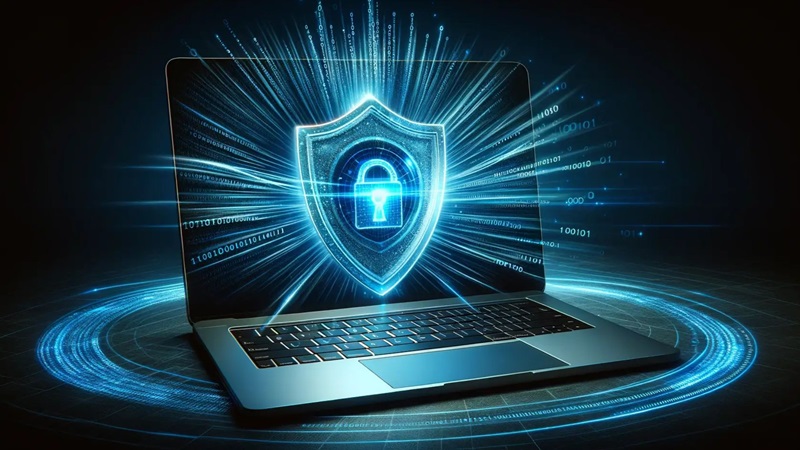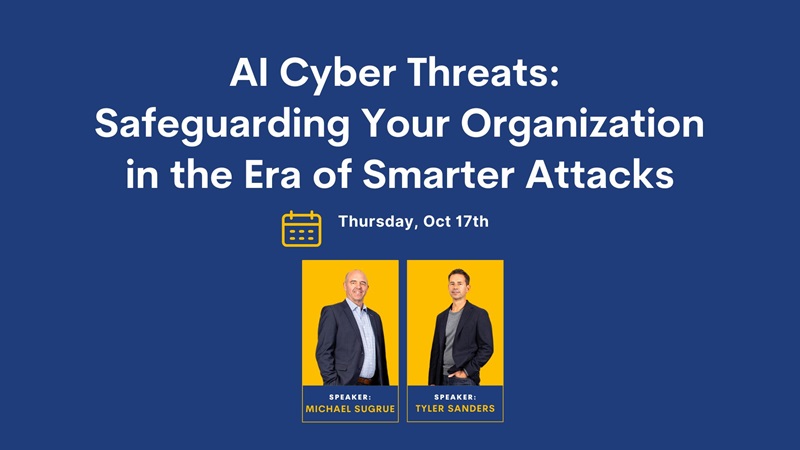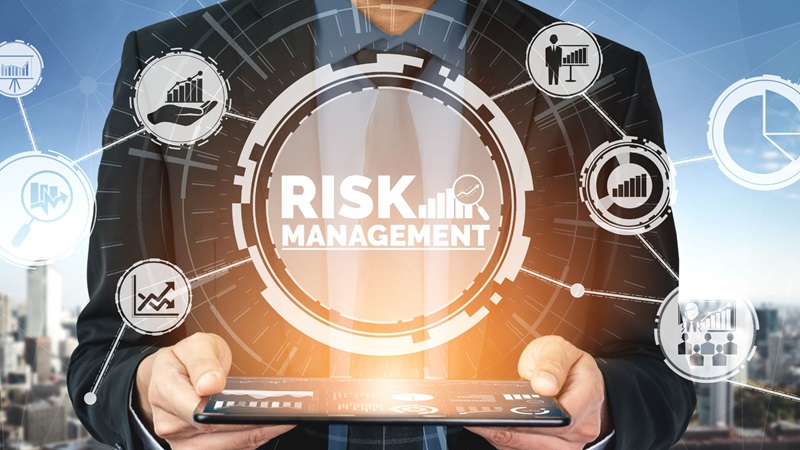
10 Essential Steps to Building a Cyber-Smart Team for the Legal and Commercial Industries
In today’s interconnected world, cybersecurity is more critical than ever, especially for businesses and law firms that handle vast amounts of sensitive data. A single data breach can compromise client trust, incur significant financial losses, and damage your reputation. For this reason, building a cyber-smart team is vital in both the legal and commercial sectors. Every employee, from junior staff to senior partners and executives, plays an essential role in safeguarding the organization.
Here’s a more detailed guide on the 10 essential steps to building a cyber-smart team, tailored with examples for law firms and commercial industries:
1. Train Your Team Regularly
Cybersecurity training shouldn’t be a one-off event—it must be ongoing to keep employees up to date with the latest threats. For law firms and businesses alike, the stakes are high, given the sensitive nature of client data.
Example for Law Firms: Implement ongoing training for all staff members, including phishing simulations and workshops. Lawyers, paralegals, and support staff need to recognize attempts at social engineering that target legal firms, as they often handle highly sensitive and privileged information. Phishing attacks aimed at legal personnel are becoming increasingly common, with attackers posing as clients or opposing counsel.
Example for Businesses: In retail or finance, provide training specific to your industry. For instance, in a commercial retail setting, training could focus on how attackers use fake invoices or impersonate suppliers to gain access to payment systems. Consistent training reinforces best practices, such as not clicking on links from unknown sources and double-checking email addresses.
2. Encourage Open Communication
Creating an environment of transparency helps prevent internal issues from festering. Employees need to feel comfortable reporting suspicious activities, whether it’s an email that doesn’t look right or a colleague’s suspicious behavior.
Example for Law Firms: Create a clear chain of command for reporting security concerns. For example, if an employee receives a suspicious email from a client’s address, they should know how and to whom they can report it without fear of repercussions. Open communication channels can prevent insider threats and data breaches.
Example for Businesses: Commercial teams often work with multiple external vendors. Encourage them to immediately report any irregularities in communications with suppliers, such as unexpected attachments or unusual financial requests. Creating a simple reporting system ensures potential risks are flagged early and handled promptly.
3. Lead by Example
Senior leaders and partners must set the tone when it comes to cybersecurity. Employees often follow the behavior of their leaders—if the leadership team treats cybersecurity as a priority, employees are more likely to do the same.
Example for Law Firms: Partners at a law firm can demonstrate commitment by attending cybersecurity training sessions and using best practices, such as two-factor authentication (2FA) and encrypted communication tools. This leadership behavior ensures everyone understands the importance of following security protocols.
Example for Businesses: In a commercial organization, executives can ensure that cybersecurity is embedded into strategic business decisions. For instance, during board meetings, cybersecurity risks and mitigation efforts should be standard agenda items. When leaders make cybersecurity visible, it reinforces the culture across departments.
4. Establish Clear Guidelines
Clear and accessible cybersecurity policies are the foundation of a cyber-smart team. These policies must be comprehensive but also easy to follow, outlining best practices in areas such as data handling, password management, and device use.
Example for Law Firms: Law firms should establish protocols for handling sensitive case files, such as requiring encryption when sending legal documents electronically. Clear rules on using personal devices and accessing case files remotely help minimize the risk of breaches.
Example for Businesses: Commercial businesses can create specific guidelines for using customer data, including privacy protection laws like GDPR or CCPA. For example, a retail company can enforce rules to ensure that customer credit card information is not stored on unsecured systems and implement best practices for point-of-sale terminals.
5. Recognize and Reward Good Practices
Positive reinforcement can help foster a proactive approach to cybersecurity. Recognizing employees who demonstrate good cybersecurity habits encourages others to follow their lead.
Example for Law Firms: Award monthly or quarterly “cybersecurity champion” titles to employees who consistently follow best practices, such as identifying phishing scams or using secure channels to communicate sensitive client information. Public recognition during team meetings can further incentivize good behavior.
Example for Businesses: Commercial organizations could offer small incentives like gift cards or public acknowledgment to employees who demonstrate vigilance by reporting phishing emails, maintaining secure access to client portals, or flagging potential security threats during routine business operations.
6. Make Cybersecurity Personal
Employees are more likely to engage with cybersecurity when they understand how it affects them personally. Making it personal also helps them better grasp how their actions can impact the security of their organization.
Example for Law Firms: Explain to legal staff how failing to secure client information could lead to malpractice lawsuits, damage to their reputation, and financial penalties. Show how practicing good cybersecurity habits, such as safeguarding client communication and case files, directly protects their personal career and the firm's reputation.
Example for Businesses: For businesses in industries like finance or healthcare, draw a parallel between cybersecurity at work and personal identity protection. Show how protecting corporate data mirrors safeguarding personal accounts—this helps employees understand why following protocols is so critical.
7. Test Your Readiness
Running regular tests, like phishing simulations and penetration testing, ensures that your team is prepared for actual cyberattacks. These exercises help identify weaknesses and gaps in your defenses.
Example for Law Firms: Run quarterly phishing tests to see if any staff members inadvertently click on malicious links or share sensitive information. After each test, provide constructive feedback and additional training for those who may have fallen for the bait.
Example for Businesses: Businesses can implement disaster recovery drills where teams simulate real-life ransomware attacks to ensure they know how to respond. This allows IT and employees to test data backup processes, communication channels, and the execution of recovery plans.
8. Encourage Employees to Speak Up
Employees should feel empowered to voice concerns or report suspicious behavior without fear of retaliation. Make reporting procedures easy, anonymous (if needed), and part of your company culture.
Example for Law Firms: Provide an anonymous reporting tool for legal staff to share concerns about any unusual access to case files or potential data mishandling. Early detection of insider threats can prevent significant breaches before they escalate.
Example for Businesses: Set up a hotline or online portal where employees can easily report phishing emails, suspicious phone calls, or unusual IT behavior, such as unexpected system downtime or unusual file movements.
9. Tailor Training to Roles
Not every employee faces the same cybersecurity risks. By tailoring cybersecurity training to specific roles within your organization, you ensure that each person gets the information most relevant to their responsibilities.
Example for Law Firms: Provide specialized training for paralegals on secure document sharing and confidentiality practices, while attorneys may need in-depth training on encrypted client communications or secure access to court filings.
Example for Businesses: In the finance industry, provide role-specific training on safeguarding payment systems, managing secure bank communications, and recognizing fraudulent billing schemes. Tailor training for retail employees to focus on protecting customer payment information at point-of-sale systems.
10. Emphasize Team Responsibility
Cybersecurity is everyone’s responsibility, not just the IT team’s. When employees understand that they all have a role in keeping the organization secure, they are more likely to adopt and maintain best practices.
Example for Law Firms: Host firm-wide cybersecurity events where all employees—from receptionists to senior partners—can learn about the importance of shared responsibility. Emphasize that cybersecurity is not just an IT issue but affects the entire firm, especially given the sensitive nature of legal work.
Example for Businesses: In a large commercial setting, ensure that all departments—from accounting to customer service—understand how their individual actions contribute to the overall security of the company. Highlight real-world examples of breaches that occurred due to individual mistakes, demonstrating the need for a united front.
Building a cyber-smart team is one of the most effective ways to strengthen your organization’s defenses against cyberattacks. Whether you’re a law firm handling privileged client information or a business managing financial transactions, empowering every employee to take cybersecurity seriously is critical.
This Cybersecurity Awareness Month, take the opportunity to evaluate and improve your cybersecurity strategies. By following these 10 steps, you can create a culture of vigilance and responsibility, ensuring that your organization is prepared for the challenges of today's digital world.
Need help building a cyber-smart team? Contact us today to learn more about how we can support your business or law firm with tailored cybersecurity solutions.

.tmb-cfthumb_fb.png?Culture=en&sfvrsn=b0d69e1f_1)





